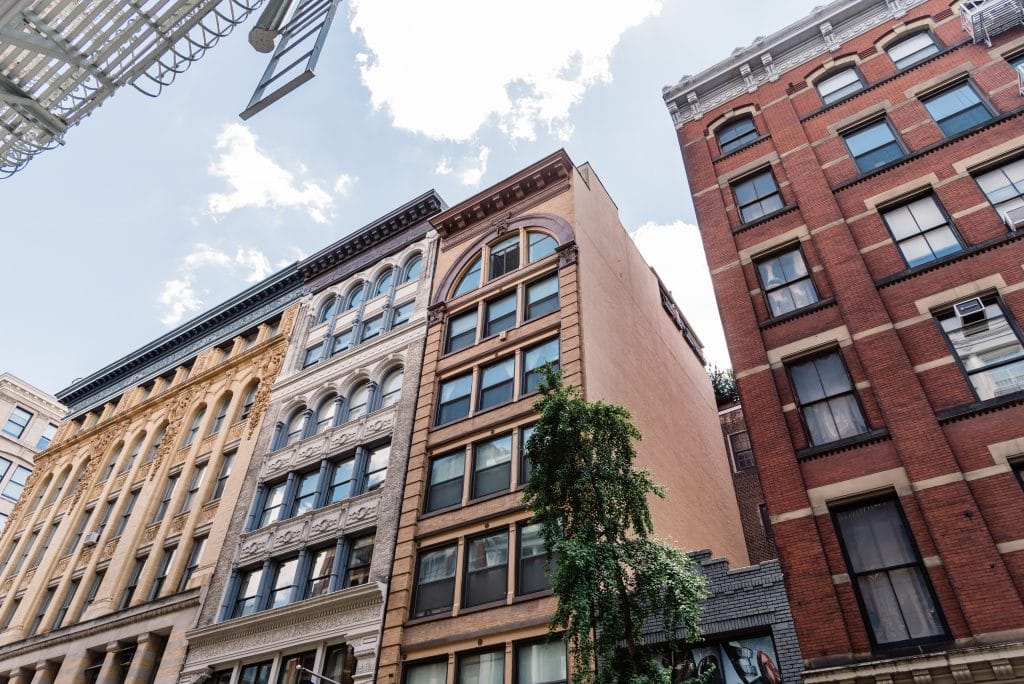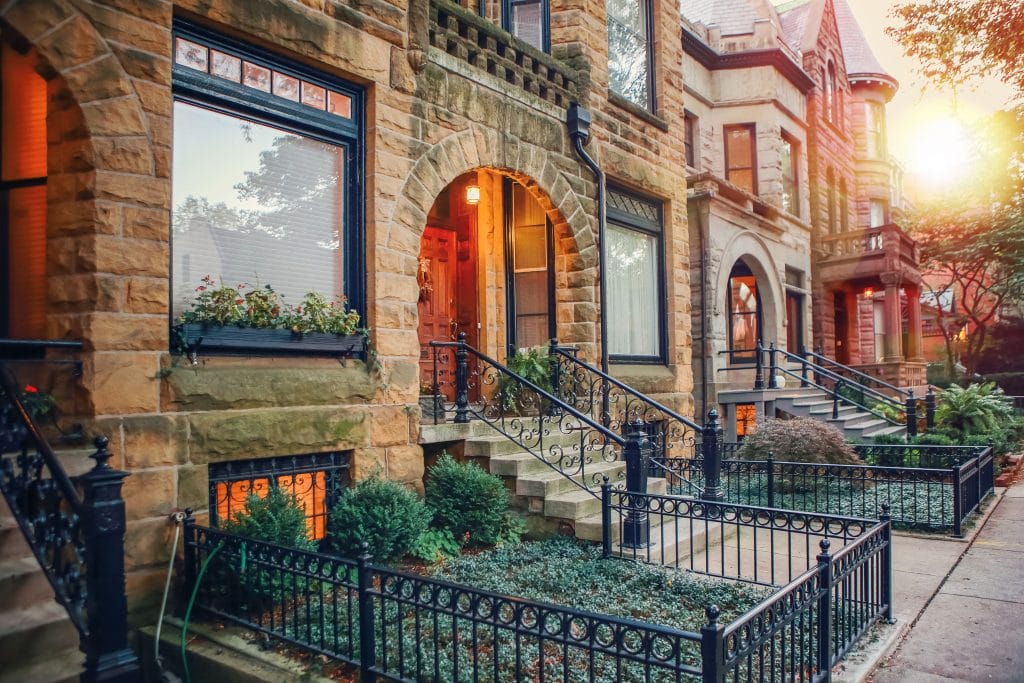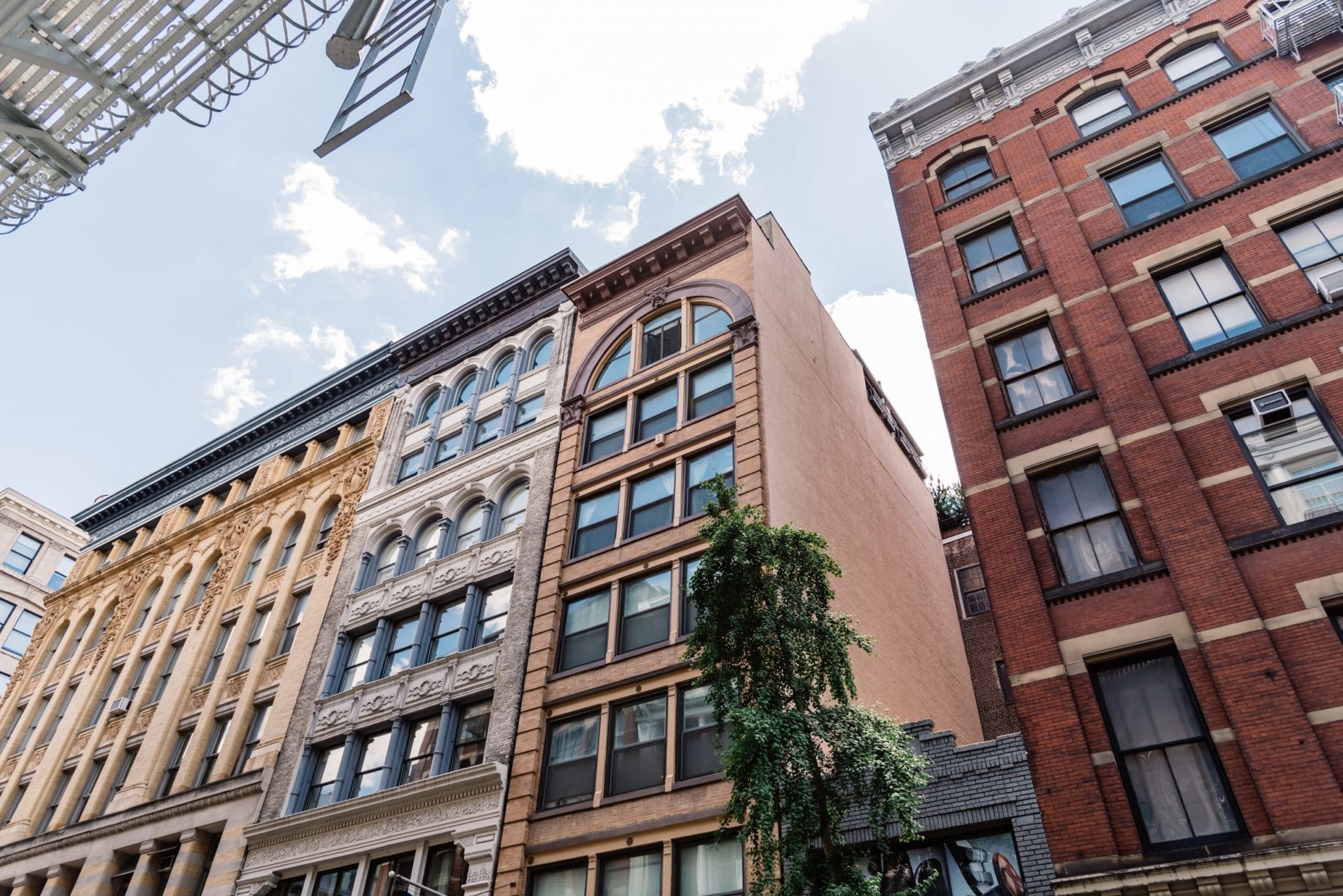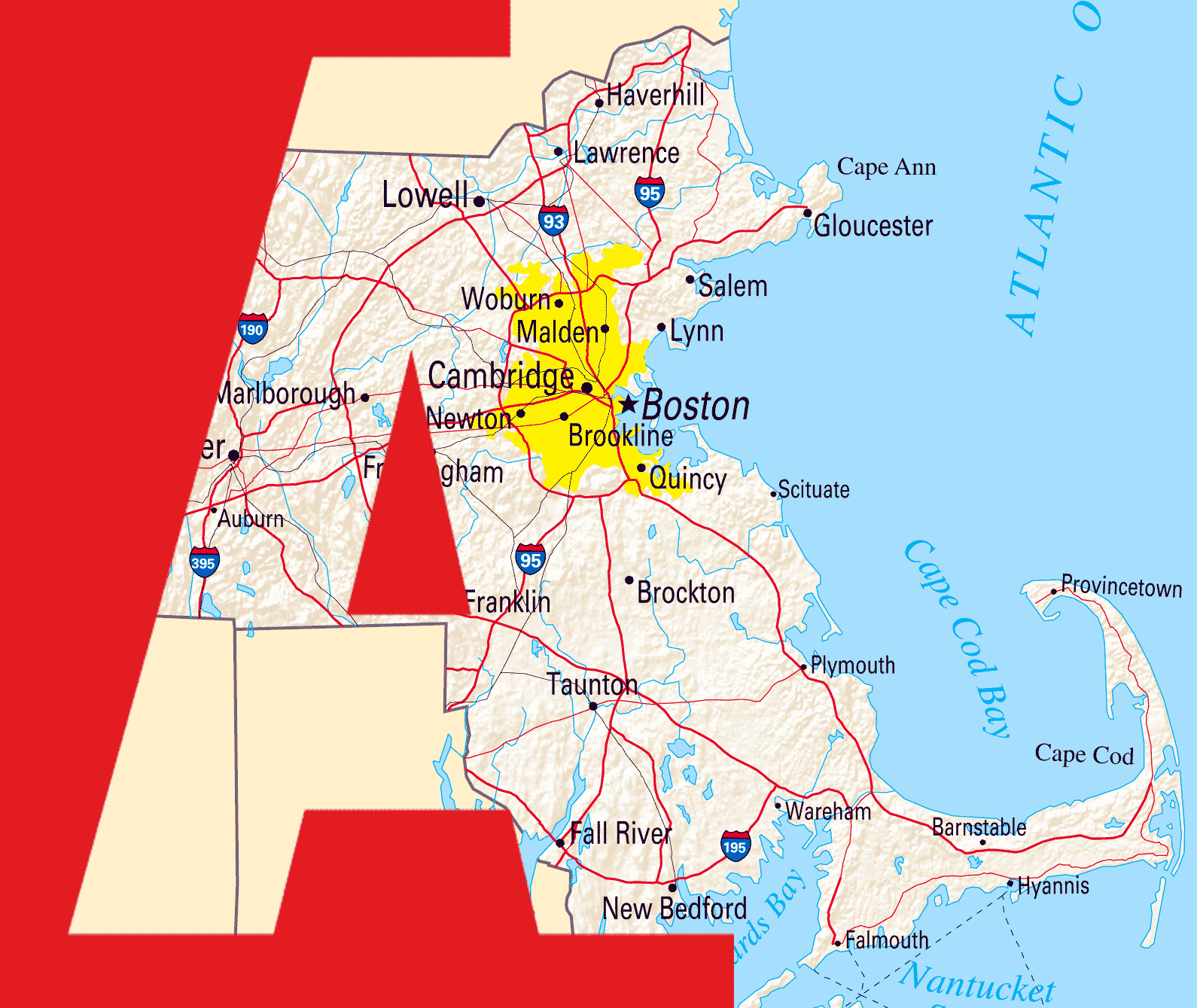
Historic masonry buildings are among the best candidates for restoration. The timeless beauty of the exterior creates a unique and attention-getting appeal to all those who pass by. However, restoration is not only about the façade. Historic masonry restoration also becomes an opportunity to repurpose an old structure into something more functional. Masonry sealing in Massachusetts is just one of the many ways to increase the functionality within older structures.
In this article, we’re looking at three reasons why it’s time to consider calling the team at Abbot Building Restoration for more information about masonry sealing.
-
Protect against moisture penetration
When moisture becomes trapped inside of brick masonry, spalling often occurs. Spalling refers to the deterioration and chipping away of brick at the surface level. However, to avoid spalling, masonry sealing in Massachusetts can prevent moisture from penetrating during severe weather conditions.
A breathable masonry sealant can provide the protective properties needed to maintain the wall’s surface when properly applied. Repair of spalled masonry depends upon the severity of the damage, as well as the type and location of the structure.
-
Limit cracking from the freeze/thaw cycle
Whether brick, stone, or concrete, the natural freeze/thaw cycle can wreak havoc on the integrity of a building. Continuing to expand if left untreated, cracking within the wall will ultimately lead to deterioration that weakens the structure’s strength and durability.
Beyond protecting against moisture, masonry sealing can also bridge or fill hairline cracks or separations. This measure provides protection from the damaging freeze/thaw cycles, ensuring the integrity of your wall’s surface remains intact.
-
Energy efficiency
Energy efficiency is a growing concern for commercial building owners. When deciding to restore old masonry work, your design team keeps efficiency at the forefront of the plans. Among the key design strategies, sealing is an excellent method of reducing air leakage.

According to a recent article by the National Concrete Masonry Association, the largest source of air leakage generally occurs through wall cracks, joints, and utility penetrations. To reduce the high rates of leakage, current building codes require that the exterior envelope be sealed to minimize the infiltrations/exfiltration of air.
Other considerations
Beyond these three, there are several more reasons to consider masonry sealing in Massachusetts. From protecting against mold and mildew growth to reducing potential fading from UV rays, the pros far outweigh the cons. Whatever your building’s current condition, the application of masonry sealant, sooner rather than later, is always the best choice.
For more information on how the experts at Abbot Building Restoration can revive and protect your historic masonry building, contact them today at (617) 445-0274.


